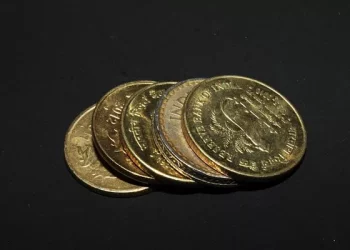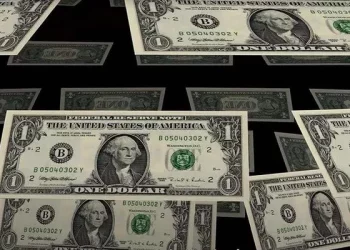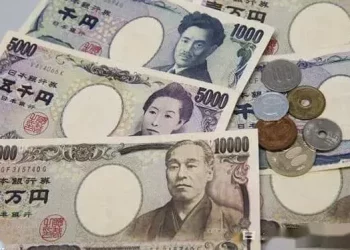It is the market supply and demand as the foundation, the reference undertakes adjustment, has the management float system.
Since July 21, 2005, China has managed the floating exchange rate system.
The new system, which uses the market exchange rate as the sole standard of value for other countries, makes supply and demand conditions the main basis for determining the RMB exchange rate.
The exchange rate determined according to the new RMB exchange rate system is closely related to the current import and export trade, inflation level, domestic, capital export and input and other economic conditions. Economic changes will be affected by changes in the supply and demand of foreign exchange.
China’s foreign exchange market needs to continue to improve and perfect the market, the government must use macro-control measures to remedy the market defects, so the necessary management of RMB exchange rate is necessary.
It is mainly reflected in the following aspects: the state administration supervises the foreign exchange market, the state implements macro-control on the RMB exchange rate, and the People’s Bank of China conducts necessary market intervention.
Floating exchange rate system is a moderately flexible exchange rate system.
The People’s Bank of China announces the closing price of the exchange rate of currencies against RMB in the interbank foreign exchange market on the same day after the market closes on each working day, which will be used as the intermediate price of the exchange rate between the currencies and RMB on the next working day.
At present, the trading price of USD against RMB in the inter-bank foreign exchange market is still floating within 0.5% of the trading midpoint of USD announced by the People’s Bank of China, and the trading price of non-USD currencies against RMB is floating within 3% of the trading midpoint of this currency announced by the People’s Bank of China.
One basket currency, it is to show according to the actual situation of the development of our foreign economy, choose certain kinds of major currencies, give corresponding weight, make up a currency basket.
At the same time, in light of the domestic and international economic and financial situation, on the basis of market supply and demand, and with reference to a basket of currencies, we will manage and adjust the RMB exchange rate and maintain the basic stability of the RMB exchange rate at an appropriate and balanced level.
The currency composition in the basket will comprehensively consider the main countries, regions and currencies in which foreign trade, foreign debt and other foreign economic and trade activities account for a large proportion.
Referring to a basket of currencies indicates that exchange rate changes among foreign currencies will affect the RMB exchange rate, but referring to a basket of currencies is not equal to pegging to a basket of currencies. It also needs to take market supply and demand as another important basis to form a managed floating exchange rate.
This will help increase exchange rate flexibility, curb unilateral speculation and safeguard multilateral exchange rates.

























